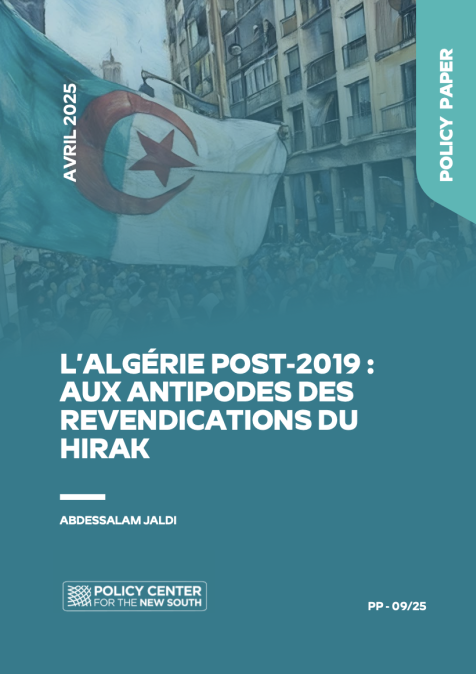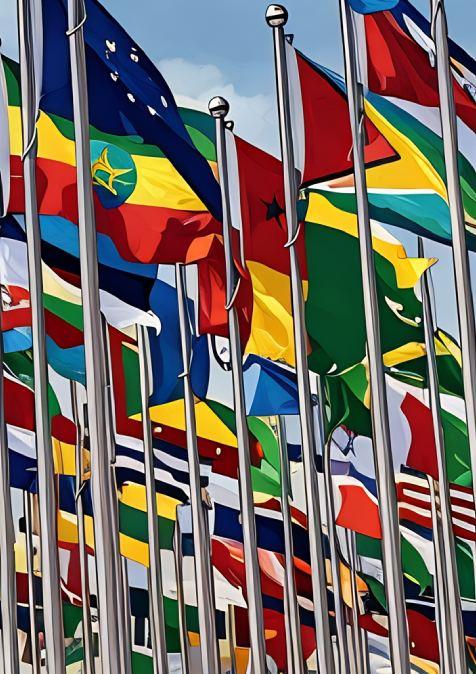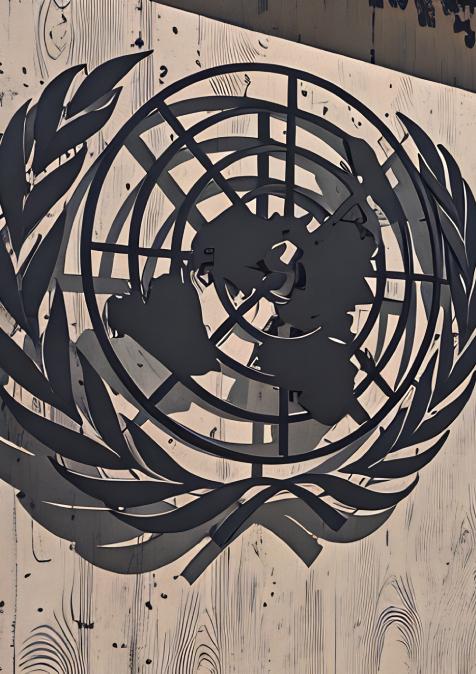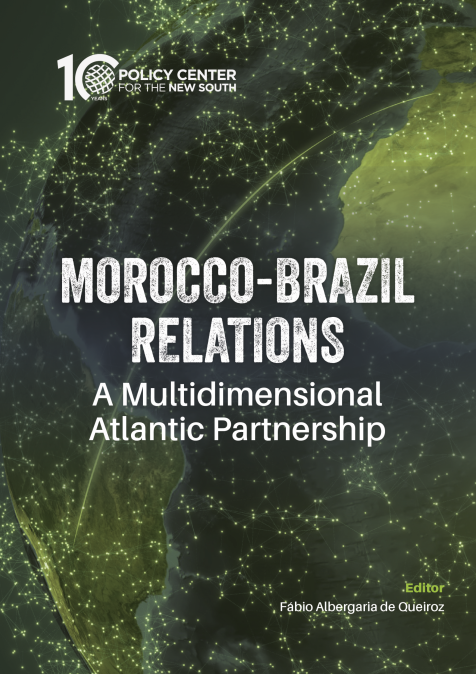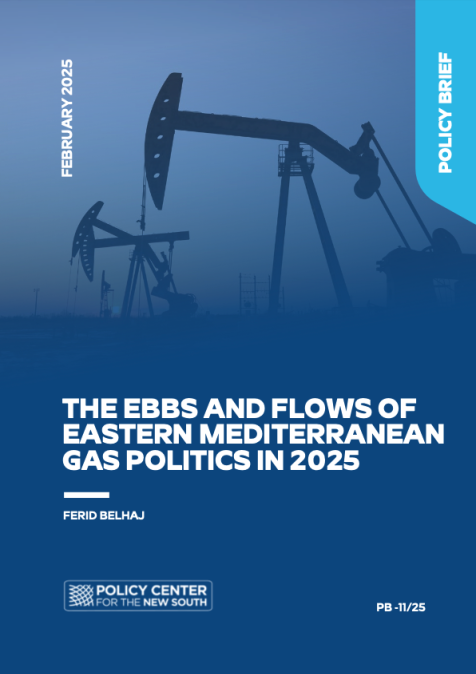Publications /
Policy Brief
Policy Brief
أزمة الفيروس التاجي و العولمة : الهشاشة و التشظي
May 12, 2020
اليقينيات و فضحت خال أسابيع محدودة مدى هشاشة الانسان في محطة متقدمة من العولمة من خال حدة الصدمة الاقتصادية التي أفرزتها عالميا. و رغم اننا ما نزال غير متحكمين في الخروج من هذه الأزمة الصحية فإن كل الملاحظين يتفقون على أن مسار العولمة سيتأثر حتما بعواقبها نتيجة الانخراط العالمي في الحجر الصحي الذي فرض نفسه كظاهرة معولمة. ذلك انهم يتفقون على ان هذه الأزمة ستؤدي مستقبلا لمراجعات عميقة للتدبير الاقتصادي و للسياسات العمومية بل للمنظومات السياسية و المجتمعية و للعلاقات الدولية بين .الأقطار


